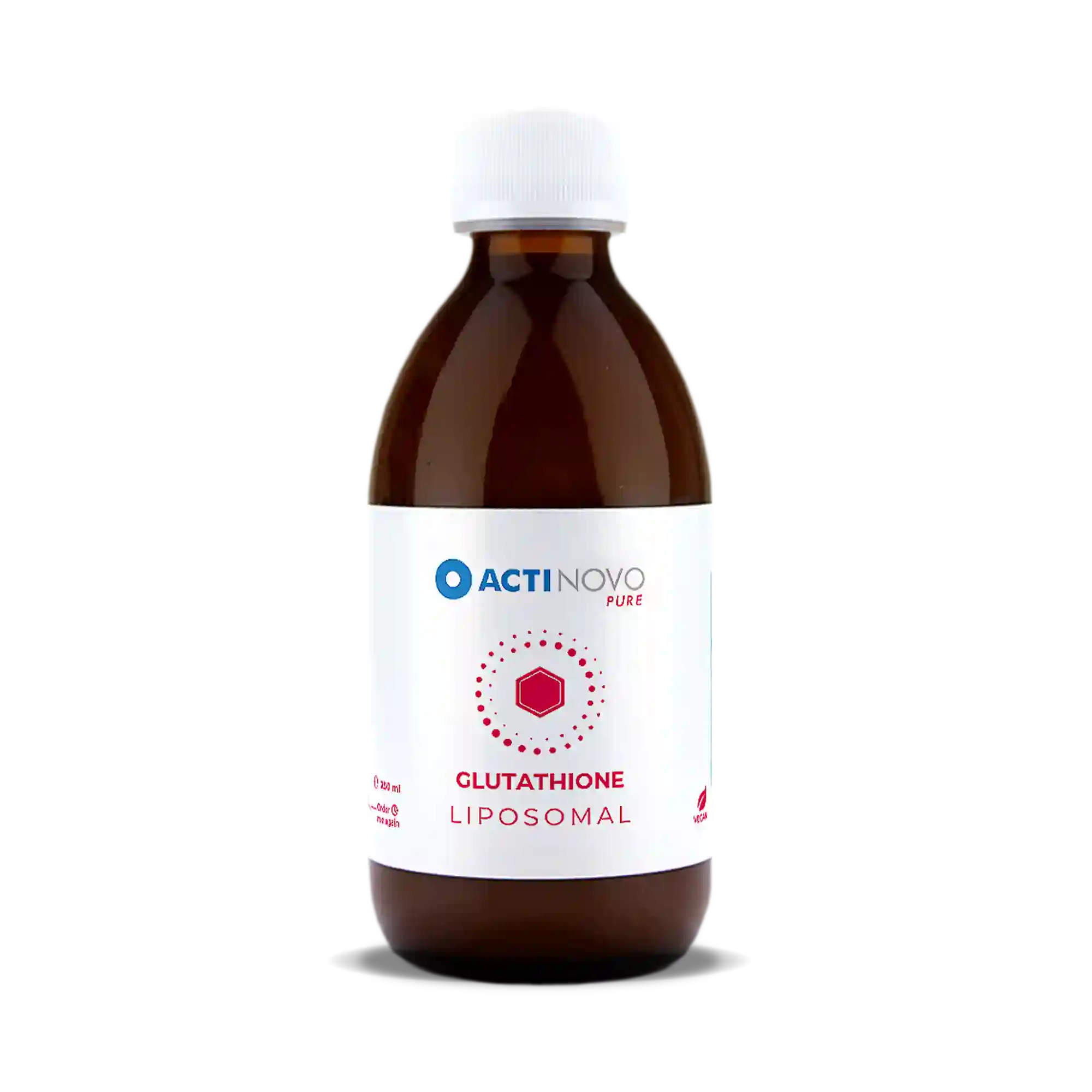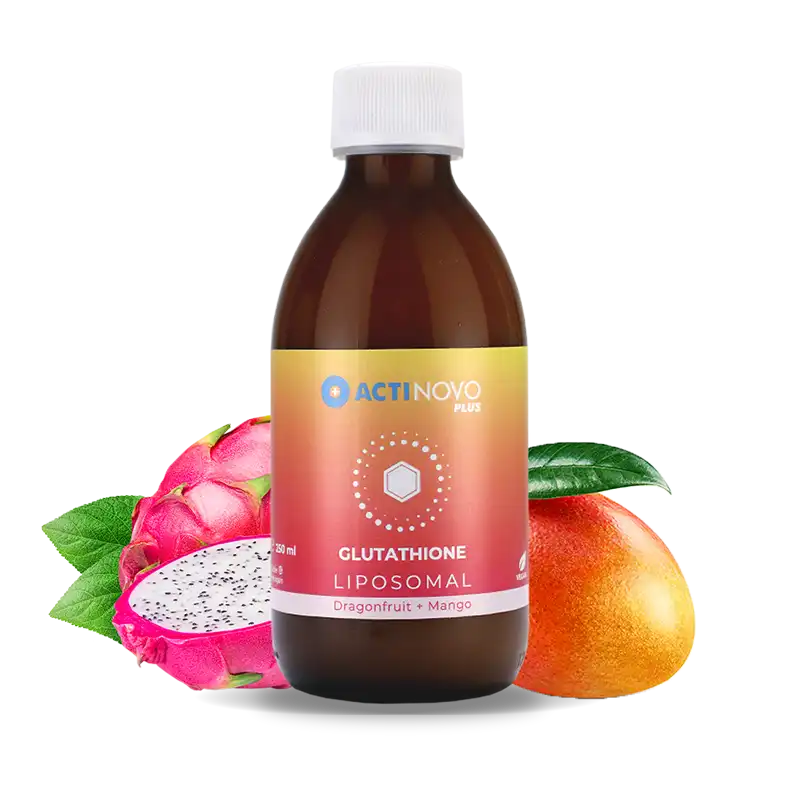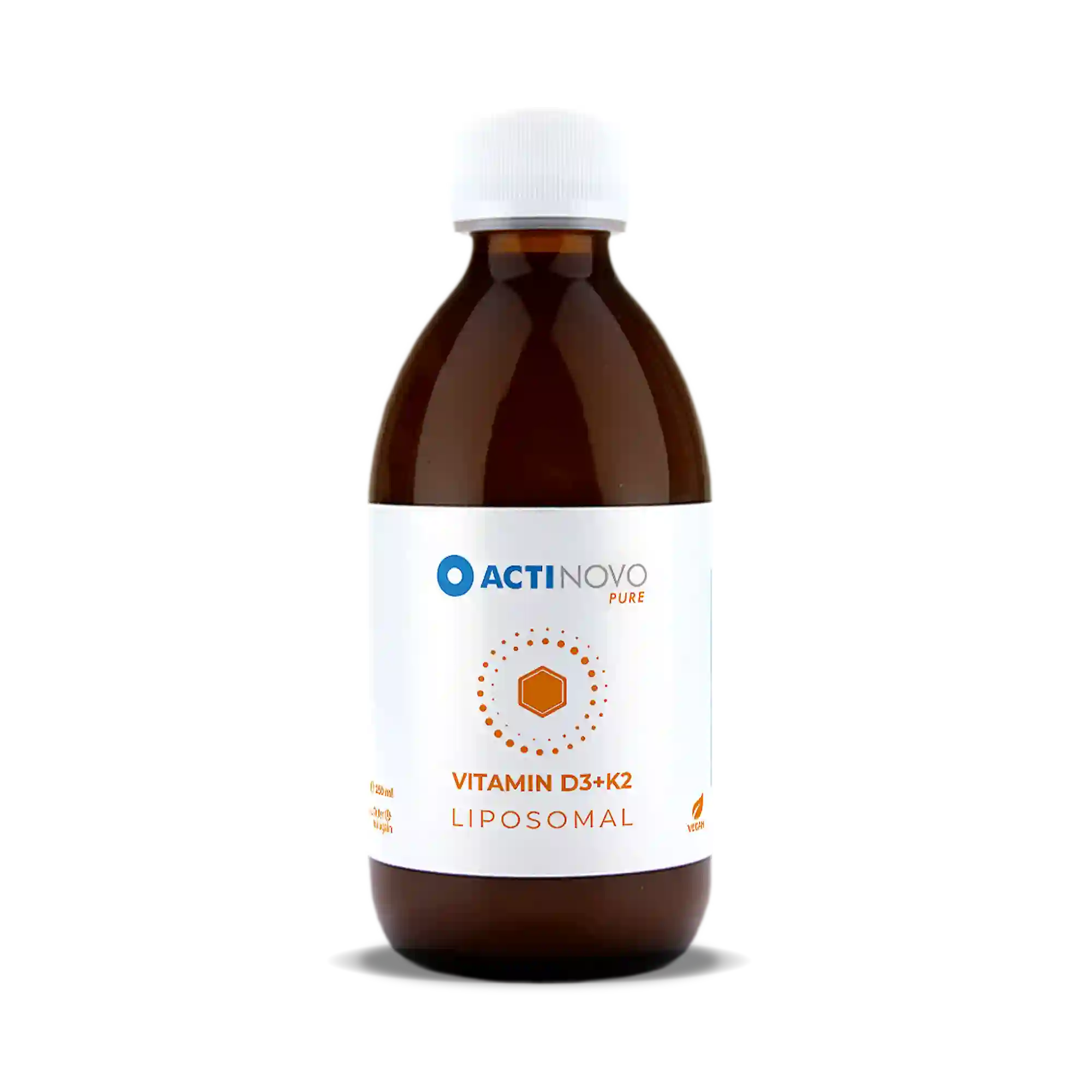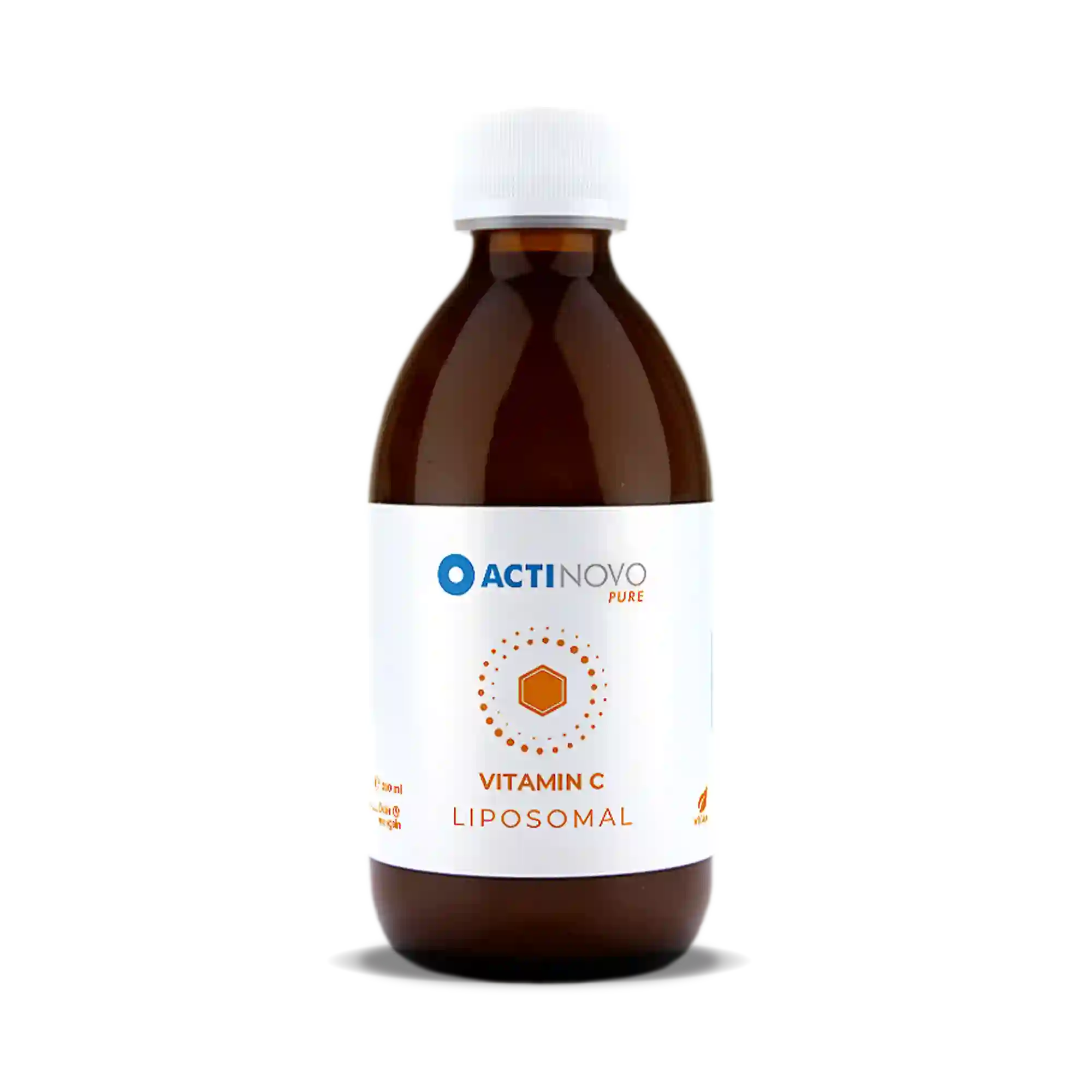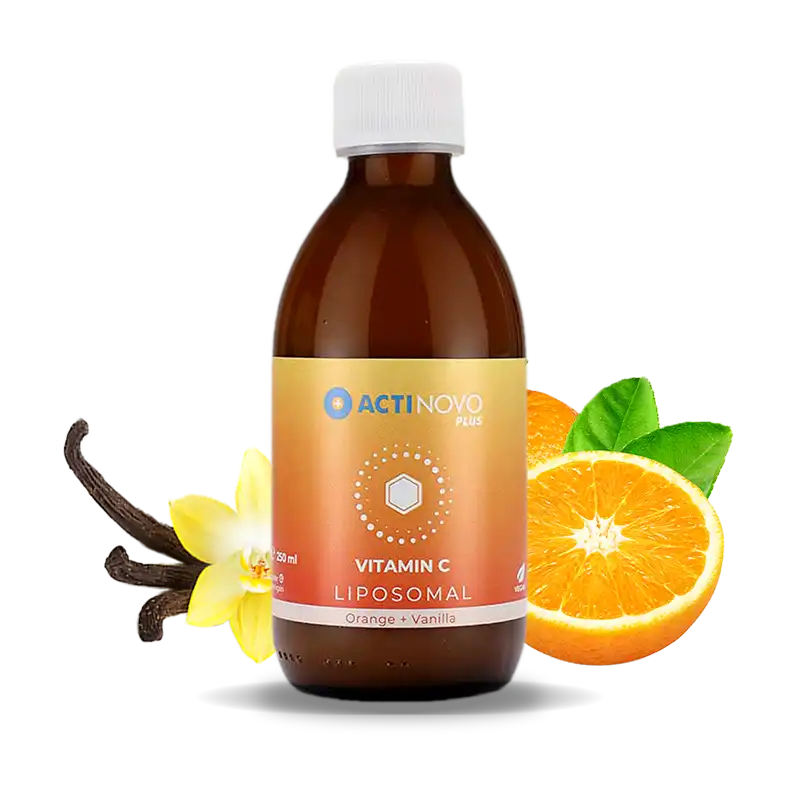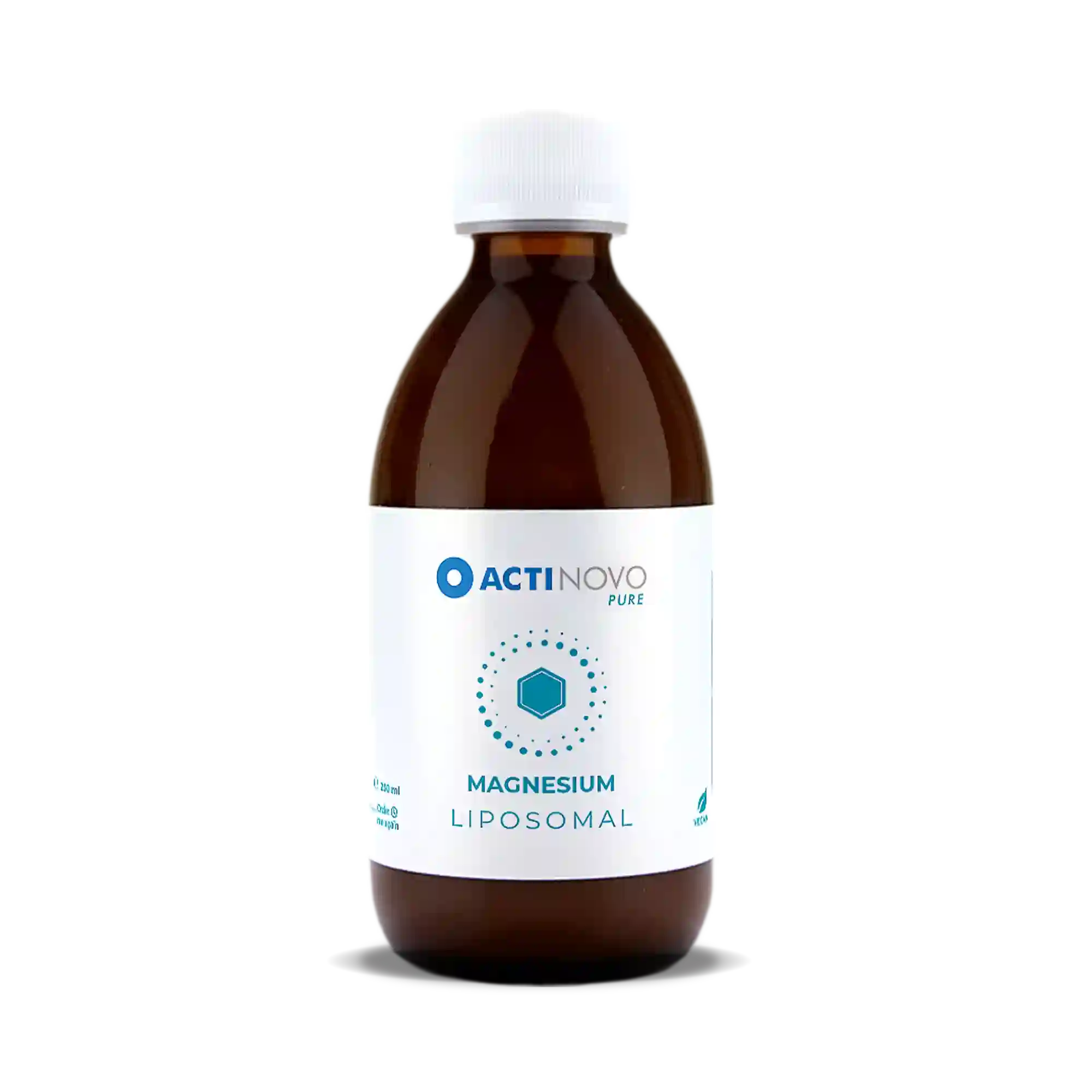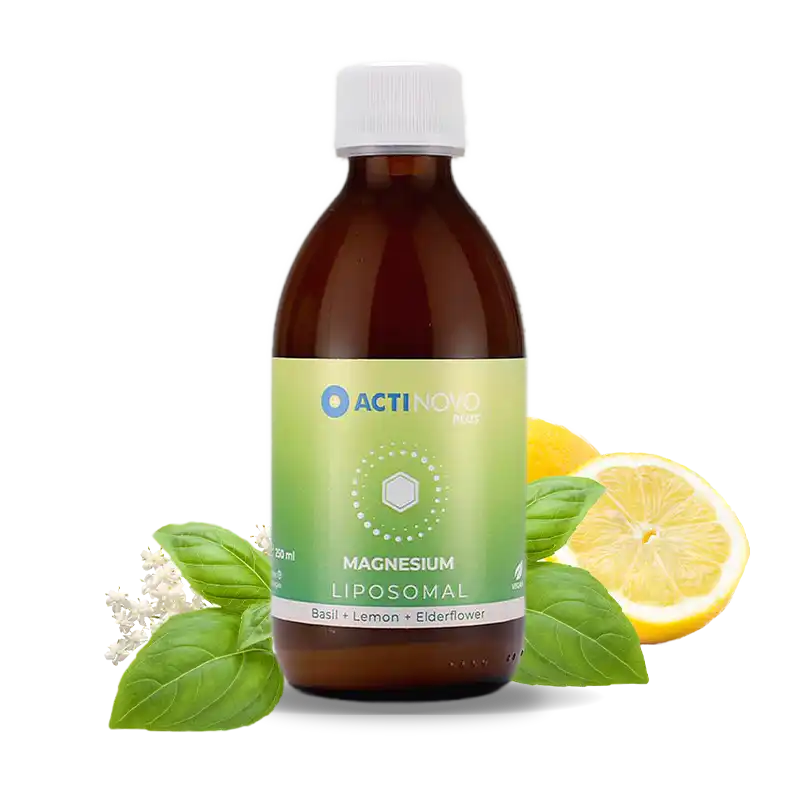
Atopic Dermatitis & Psoriasis: How Glutathione May Help
Glutathione is a master antioxidant, and one of the most abundant antioxidants in our body. There are also many whole foods naturally high in glutathione. Health benefits include reducing inflammation, fighting harmful free radicals, anti-aging, and even reducing the amount of heavy metals in the body. That is not all; Glutathione has benefits for skin!
Many people believe that glutathione skin benefits can include giving a youthful, glowing appearance. Studies indicate this antioxidant can provide an overall brighter skin tone, reduce dark spots, reduce blemishes, and minimize the appearance of acne scars.
Certain skin conditions, such as atopic dermatitis or psoriasis, are chronic diseases. They do not have many long-term treatments or cures. Preliminary research and personal stories indicate that glutathione supplementation can possibly help minimize the symptoms of atopic dermatitis and psoriasis.
What do you learn in this guide?
1. Glutathione as an antioxidant
2. Benefits of Glutathione and Skin Care
3. Other Nutrients for Skin Health
4. Glutathione in Skin Creams
5. Glutathione Foods
6. How to increase Glutathione naturally
7. ActiNovo´s Glutathione
1. Glutathione as an antioxidant
Glutathione is a main antioxidant in our body and is present in almost every cell. This sulfur containing nutrient is formed in the liver. The areas of the body with the highest concentration of glutathione are the liver, red blood cells, and white blood cells. This master antioxidant has the ability to protect our DNA from free radicals and regenerate other antioxidants. Specifically, it can regenerate vitamins C and E.
Why should we care about protecting our body from free radicals and oxidative stress?
In many chronic diseases, glutathione concentration in the body is significantly reduced [1]. This means that a low glutathione concentration could cause an increase of oxidative stress and inflammation. A low amount of glutathione could be an indicator of various diseases or acute stress [2].
For further information about Glutathione as an antioxidant, check out our blog article here.
Chronic skin conditions, such as atopic dermatitis or psoriasis, can benefit from the antioxidant and anti-inflammatory support of glutathione.

2. Benefits of Glutathione and Skin Care
What is Neurodermatitis & Atopic Dermatitis?
Neurodermatitis is a disease of the skin. One or two red and itchy patches of skin characterize this skin condition. Atopic Dermatitis (AD) is a chronic, non-contagious skin disease. Whereas neurodermatitis is confined to one or two patches, AD can be more widespread across the body [3]. The causes of these conditions are not fully understood, and the condition is different for each person.
What is psoriasis?
Various research indicates that a disturbance of antioxidants and an overactive immune system are involved in the development of psoriasis [4]. There is no official cure for plaque psoriasis, but there are many treatments to help manage symptoms of the disease.
How can Glutathione reduce oxidative stress and benefit the skin?
Research suggests oxidative stress is a contributing factor in atopic dermatitis, psoriasis, and other skin diseases. Oxidative stress directly damages the cellular structures of the skin. This increases inflammation and weakens the skin barrier, which make the skin susceptible to infection.
Glutathione is a main component of the antioxidant defense system in cells. Research has indicated this antioxidant can regulate our immune system and control inflammation. Since glutathione can mediate inflammatory and immune responses, studies have investigated if glutathione supplementation can influence skin diseases [5].
Glutathione and Psoriasis
Many dermatologists and clinicians wonder if glutathione is good for psoriasis. Some research shows that psoriasis might be associated with an increase in oxidative stress and decreased glutathione (GSH) levels [6]. Studies indicate that glutathione supplementation may lead to a significant decrease in psoriasis symptoms.
In a small clinical study, participants diagnosed with psoriasis consumed a special type of whey protein. Whey protein contains a high content of the amino acid cysteine. Cysteine contributes to maintaining an adequate supply of glutathione in the body [7]. Study participants reported improved psoriasis symptoms after consuming whey protein. Symptoms improved even if participants were not taking other psoriasis medication [8]. Conclusions are unclear about if the decrease in symptoms is due to increased glutathione levels in the body, or if it is due to other components of the whey protein.
In a small clinical report, a 35-year-old woman was given a glutathione supplement for psoriasis. Specifically, she was suffering from scalp psoriasis for two years. Clinicians administered 5000 mg of intravenous glutathione. She found that her scalp psoriasis improved by almost 40-50% two weeks after injection. After three months, new lesions began to develop again on the scalp. Clinicians administered a second dose of glutathione, and she observed similar improvements of her psoriasis [9]. Further research is needed to determine if the effect of glutathione supplementation is unique to scalp psoriasis.
3. Other Nutrients for Skin Health
Other vitamins, such as vitamin D and vitamin C, can also have great benefits for the skin.
Many people know vitamin D is important for our bone health. This vitamin is also an important factor in the immune function of our skin. In a study of individuals with moderate to severe psoriasis, vitamin D levels of patients with psoriasis were significantly lower than those without psoriasis.
Check out the study we conducted on our Vitamin D3+K2 here.
In addition, the lower the vitamin D level, the more severe the skin psoriasis. [9]. Other studies found that consuming a high dose of vitamin D might improve symptoms of psoriasis [10]. The results suggest that vitamin D levels may have a critical impact on psoriasis symptoms and skin disease in general. Interested in learning more about vitamin D? Click here.
Vitamin C is another antioxidant that helps maintain healthy skin. Some physicians give high doses of vitamin C to reduce oxidative damage and inflammation associated with skin disease. Supplementation is frequently used for preventative reasons. Vitamin C is able to reduce free radicals formed in the skin and reduce inflammation. These effects might have a benefit when managing atopic dermatitis and psoriasis symptoms [11]. Interested in learning more about vitamin C? Click here.
Here at ActiNovo we believe in approaching skin health from the inside out!

4. Glutathione in Skin Creams
Some manufacturers have released skin creams containing glutathione. People frequently buy creams with glutathione for skin lightening and evening the tone of skin color. The antioxidant can possibly decrease the enzyme that is involved in the formation of melanin. This indicates that glutathione can help skin lightening and can help reduce the appearance of dark patches.
Glutathione containing skin cream is frequently used to help with skin diseases such as psoriasis, neurodermatitis, and AD. Unlike glutathione infusions or consuming oral supplements, there is no scientific evidence to show the effectiveness of these creams.
5. Glutathione Foods
Eating a well-balanced diet is one of the best ways to take care of your skin from the inside out! Some glutathione antioxidant rich foods are:
- Avocados
- Asparagus
- Red meat
- Walnuts
- Cooked potatoes
- Spinach
- Cruciferous vegetables
Although these are food sources high in glutathione, antioxidant content in the food is variable. It is likely that most people only consume 50 - 60mg of glutathione through food per day [12] [13] [14].

6. How to increase Glutathione naturally
Glutathione is an amino acid, which is essentially a combination of different proteins. A sufficient protein supply is essential for the body to maintain a reasonable glutathione level. Registered dietitians recommend that 10-30% of your total calories per day should come from protein. Studies have shown that consuming whey protein may increase glutathione more than other types of protein [15].
Furthermore, sufficient magnesium is also necessary for the body to produce glutathione. The enzymes that form glutathione are dependent on a sufficient magnesium supply [16]. Therefore, a low level of glutathione could be due to a magnesium deficiency.
7. ActiNovo´s Glutathione

Standard glutathione oral supplements are rarely absorbed. With typical supplements, the glutathione is likely broken down to its individual amino acids before being absorbed. This decreases the effectiveness of glutathione.
This changes with liposomal glutathione!
Liposomal glutathione has benefits for increasing absorption. When glutathione is encapsulated by liposomes, the antioxidant is able to be efficiently absorbed into the bloodstream.
Our ActiNovo Glutathione study speaks for itself
Study participants consumed either ActiNovo Liposomal Glutathione or a standard glutathione tablet supplement. Both groups consumed a 500mg dosage of the antioxidant. Over the course of 7 days, the liposomal group saw an increase in overall glutathione. There was no increase in the standard group. Our study shows that ActiNovo Liposomal Glutathione is 63x more bioavailable than a standard supplement!
Read more about our study here.
We offer Glutathione Pure with a natural taste. Glutathione Plus is flavored with mango and dragon fruit aromas.
Read more now!
1.https://www.sciencedirect.com/science/article/abs/pii/S0022214300273290
2.https://www.imd-berlin.de/spezielle-kompetenzen/a-z/mikronaehrstoffe-alt/glutathion
3.https://www.gesundheitsinformation.de/neurodermitis.html#:~:text=Bei%20einer%20Neurodermitis%20entz%C3%BCndet%20sich,oder%20%2Dcremes%20meist%20gut%20behandeln.
4.https://www.hindawi.com/journals/omcl/2016/2721469/
5.https://www.sciencedirect.com/science/article/abs/pii/S1568997209000561?via%3Dihub
6.https://pubmed.ncbi.nlm.nih.gov/17179907/
7.Prussick R, Prussick L, Gutman J. Psoriasis Improvement in Patients Using Glutathione-enhancing, Nondenatured Whey Protein Isolate: A Pilot Study. J Clin Aesthet Dermatol. 2013 Oct;6(10):23-6. PMID: 24155989; PMCID: PMC3805302.
8.https://biomedres.us/pdfs/BJSTR.MS.ID.006835.pdf
9.https://www.ncbi.nlm.nih.gov/pmc/articles/PMC3805302/
10.https://biomedres.us/pdfs/BJSTR.MS.ID.006835.pdf
11.https://www.minervamedica.it/en/journals/Ital-J-Dermatol-Venereol/article.php?cod=R23Y2018N02A0155
12.https://pubmed.ncbi.nlm.nih.gov/24494059/
13.https://www.navigator-medizin.de/therapieverfahren/vitamin-c-hochdosis-therapie.html
14.https://www.ncbi.nlm.nih.gov/pmc/articles/PMC6770193/
15.https://pubmed.ncbi.nlm.nih.gov/1574445/
16.https://duramental.de/was-sie-ueber-glutathion-wissen-sollten/

